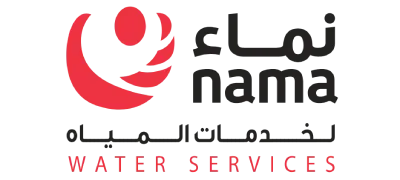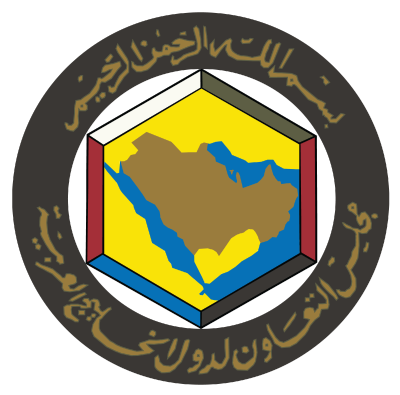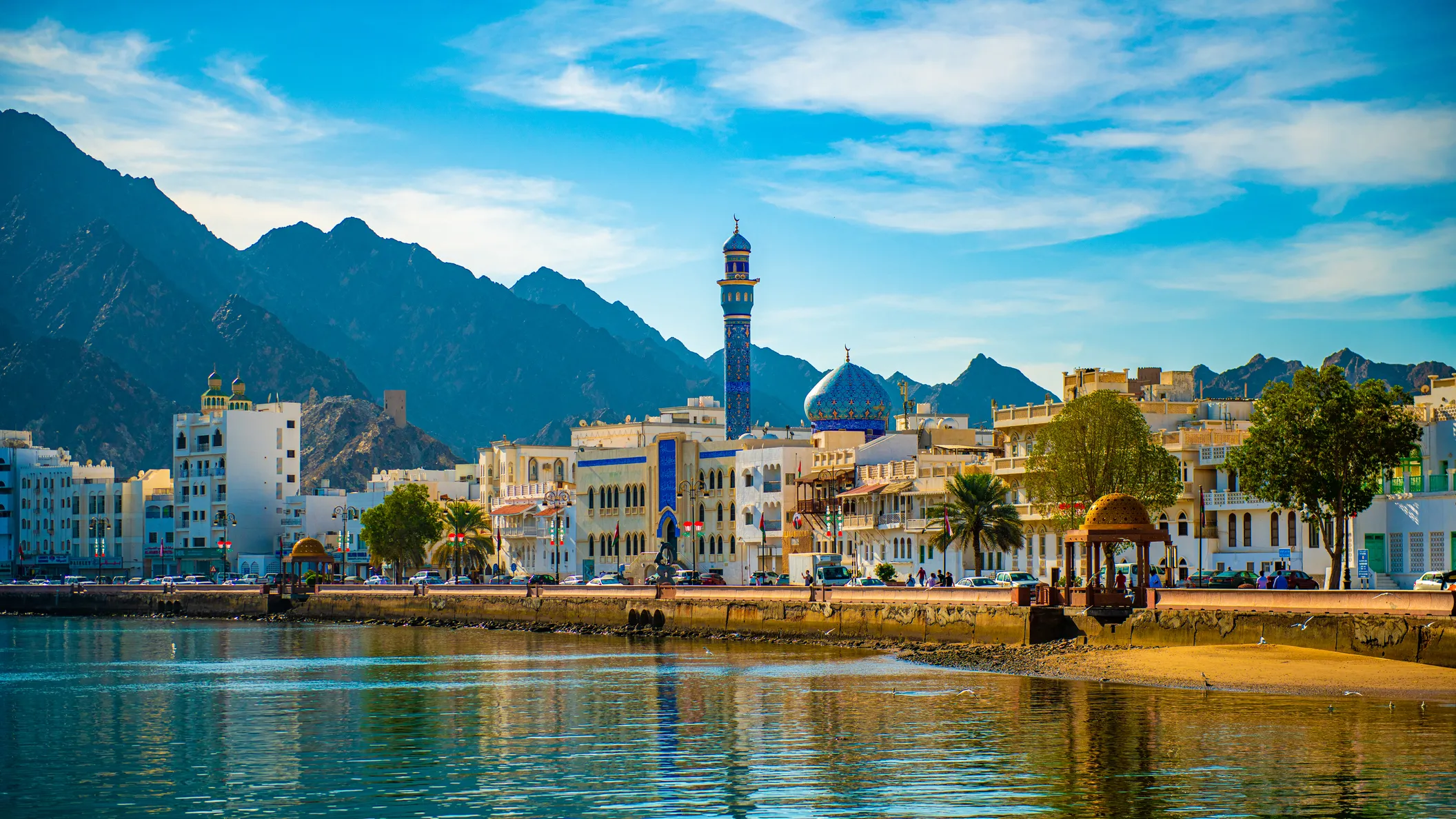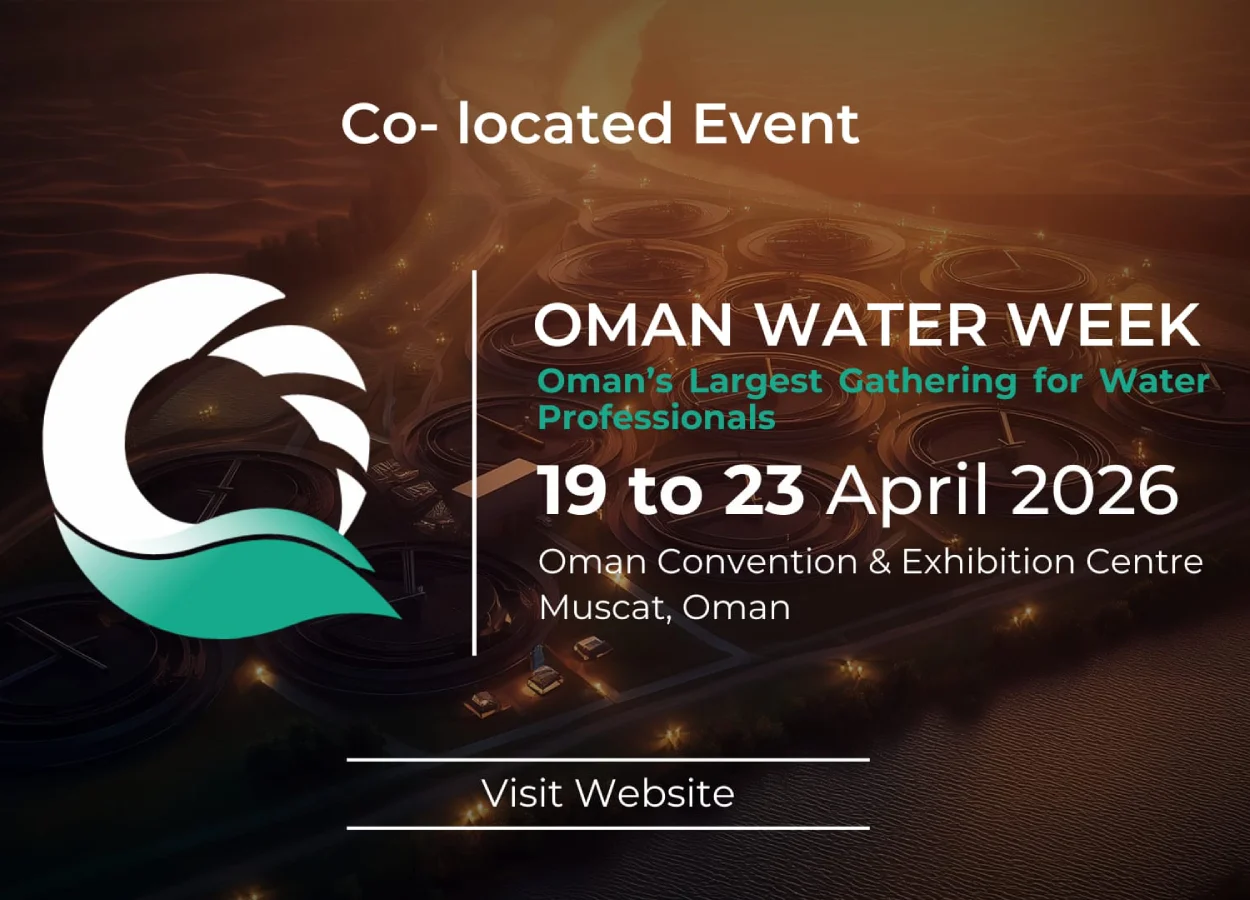INTRODUCTION
The Gulf Cooperation Council (GCC) countries are among the most water-scarce countries in the world, a challenge rooted in their arid climate and extremely limited natural freshwater resources. This inherent challenge is compounded by the rapidly growing water demand due to accelerated socio-economic development and rapid population and urbanization growth and is being exaggerated by inefficient water utilization in the various consuming sectors.
Despite the severity of these challenges, the GCC countries have achieved near-universal access to safe drinking water by heavily relying on desalination, made possible by the countries’ strong economies and substantial financial and energy resources. However, the municipal water supply system’s reliance on desalination is energy-intensive and is associated with substantial financial and environmental costs. Moreover, expansion in desalination to meet the rapid population growth will increase the GCC’s carbon emissions which could constrain their commitments to meet their NDCs emission reduction and carbon-neutrality targets. Furthermore, relatively high levels of non-revenue water – due to physical and commercial losses – undermine the efficiency of already costly desalinated water systems.
IMPORTANT DATES
OBJECTIVES
ORGANIZED BY

SPONSORED BY

SUPPORTED BY

KHOWLEDGE PARTNERS & SUPPORTERS













